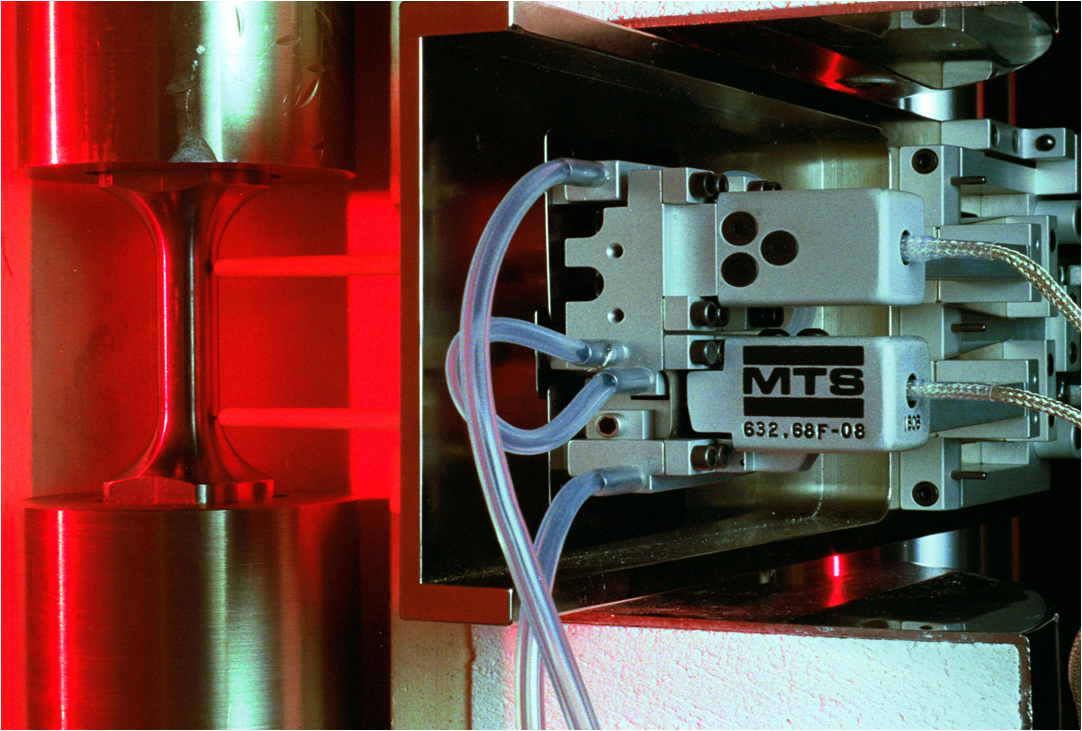The purpose of a torsion test is to determine sample behaviour when twisted, or under torsional forces, as a result of applied moments that cause shear stress about the axis. Measurable values include: the modulus of elasticity in shear, yield shear strength, torsional fatigue life, ductility, ultimate shear strength, and modulus of rupture in shear. These values are dissimilar to those measured by an axial tensile test and are important in manufacturing as they may be used to simulate the service conditions, check the product’s quality and design, and ensure correct manufacture.
SMaRT routinely conducts torsion testing in compliance with the following international and industry standards (working to other methods are available upon request):
- ISO 1352 Metallic materials – Torque-controlled fatigue testing
- ASTM E2207 Standard practise for strain-controlled axial-torsional fatigue testing of thin-walled tubular specimens

